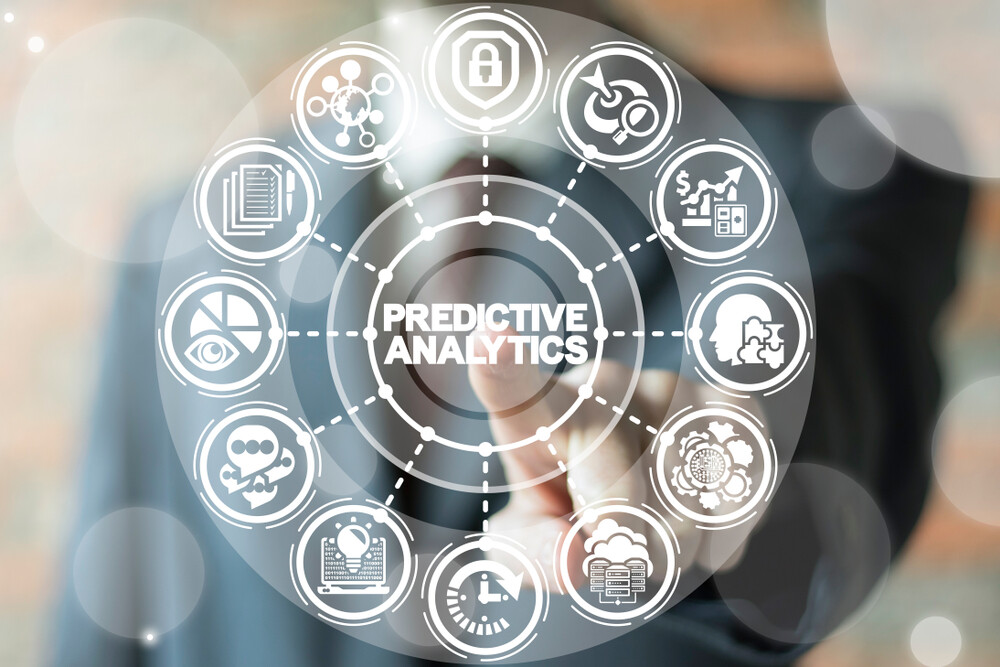Population health management (PHM) is a critical aspect of modern healthcare systems, focusing on improving the health outcomes of a group of individuals through coordinated care and comprehensive health management strategies. The advent of artificial intelligence (AI) has introduced transformative capabilities, offering unprecedented opportunities to enhance PHM. This article explores the role of AI in population health management, emphasizing its potential to revolutionize healthcare delivery, improve patient outcomes, and optimize resource utilization.
AI and Data Integration
One of the primary challenges in PHM is the integration and analysis of vast amounts of health data from diverse sources such as electronic health records (EHRs), wearable devices, and social determinants of health. AI algorithms, particularly machine learning and natural language processing, can analyze these extensive datasets to identify patterns and correlations that would be impossible for human analysts to discern. By leveraging AI, healthcare providers can gain a comprehensive understanding of population health trends, enabling more effective and targeted interventions.
Predictive Analytics
Predictive analytics is a cornerstone of AI in PHM. By analyzing historical data, AI models can predict future health events, such as the likelihood of chronic disease onset, hospital readmissions, or adverse drug reactions. These predictive insights allow healthcare providers to implement proactive measures, such as personalized care plans and early interventions, to mitigate risks and improve patient outcomes. For instance, AI algorithms can identify patients at high risk of developing diabetes and recommend lifestyle changes or preventive treatments to reduce the incidence of the disease.

Personalized Care
AI enables the customization of healthcare delivery to meet the unique needs of individual patients within a population. Through advanced data analytics, AI can identify specific risk factors and health behaviors that contribute to disease progression in different demographic groups. This information allows healthcare providers to develop personalized treatment plans that are more effective and efficient. Personalized care not only enhances patient satisfaction but also improves adherence to treatment protocols, ultimately leading to better health outcomes.
Resource Optimization
Efficient resource utilization is crucial for the sustainability of healthcare systems. AI can optimize resource allocation by predicting patient demand for healthcare services and identifying areas where resources are underutilized or overstretched. For example, AI-driven predictive models can forecast patient admission rates, enabling hospitals to manage bed occupancy more effectively and allocate staff and equipment where they are needed most. Additionally, AI can streamline administrative processes, reducing the burden on healthcare providers and allowing them to focus more on patient care.

Real-Time Monitoring and Intervention
Wearable devices and remote monitoring technologies generate continuous streams of health data, which can be analyzed in real-time using AI algorithms. This capability enables healthcare providers to monitor patients’ health status remotely and intervene promptly when necessary. For example, AI can detect early signs of deterioration in patients with chronic conditions and alert healthcare providers to take immediate action. Real-time monitoring not only improves patient outcomes but also reduces the need for hospital admissions and emergency care, thereby lowering healthcare costs.
Population Health Surveillance
AI plays a vital role in population health surveillance by analyzing data from various sources to monitor the spread of infectious diseases and identify emerging health threats. During the COVID-19 pandemic, AI models were used to predict the spread of the virus, identify hotspots, and assess the effectiveness of public health interventions. AI-driven surveillance systems can provide timely and accurate information, enabling public health authorities to implement targeted measures to control disease outbreaks and protect public health.
Addressing Health Disparities
Health disparities, driven by factors such as socioeconomic status, race, and geographic location, pose significant challenges to PHM. AI can help address these disparities by identifying vulnerable populations and tailoring interventions to their specific needs. For example, AI algorithms can analyze social determinants of health to identify communities at high risk of poor health outcomes and develop targeted outreach programs. By addressing the root causes of health disparities, AI can contribute to more equitable healthcare delivery and improved population health.
While AI offers numerous benefits for PHM, it also raises important ethical considerations. Issues such as data privacy, algorithmic bias, and transparency must be carefully addressed to ensure that AI is used responsibly and ethically. Healthcare providers and policymakers must establish robust frameworks for data governance, ensuring that patient data is protected and used in a manner that respects individual privacy. Additionally, efforts must be made to minimize bias in AI algorithms, ensuring that they provide fair and accurate predictions for all population groups.
The integration of AI into population health management holds immense potential to transform healthcare delivery, improve patient outcomes, and optimize resource utilization. By leveraging AI’s capabilities in data integration, predictive analytics, personalized care, resource optimization, real-time monitoring, population health surveillance, and addressing health disparities, healthcare providers can achieve more effective and efficient PHM. However, it is essential to address ethical considerations and ensure that AI is used responsibly to maximize its benefits for population health. As AI continues to evolve, its role in PHM will undoubtedly expand, offering new opportunities to enhance the health and well-being of populations worldwide.












